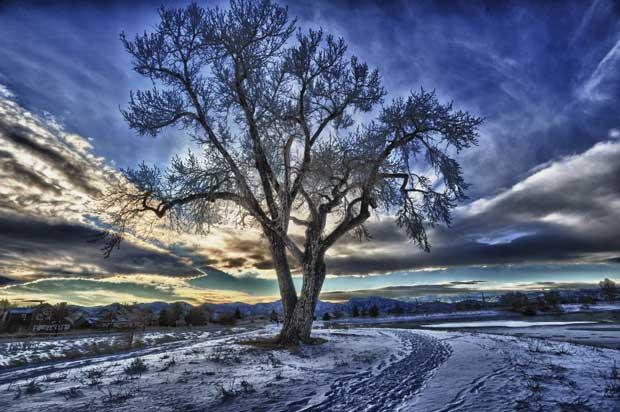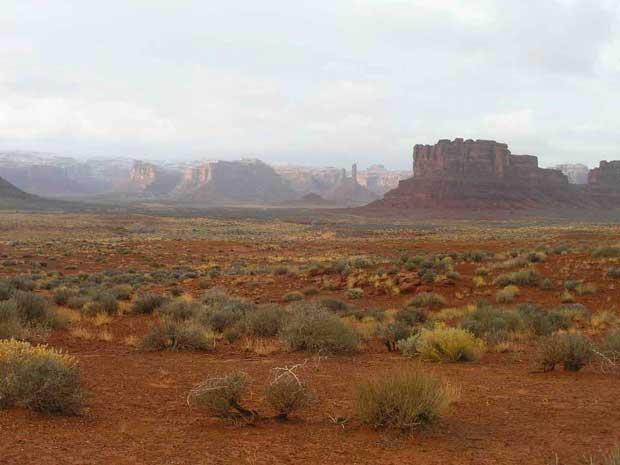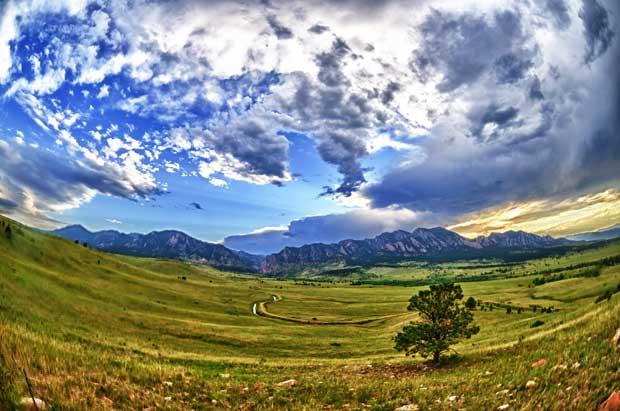No Skill for Living
I don't have a skill for living. Others have a serenity about them; they aren't angry or fretful; if they worry they're good at hiding it. I watch them hit a glide path while I'm sputtering, afloat, aloft, but just this side of stalling.
I'm a wrestler, the Old Testament Jacob latched like a linebacker to God's ankles, not letting go until I get the blessing. So it's no brag that somewhere along the way my sport ceased to weigh me down and instead became a source of buoyancy. My long tenure in endurance sport isn't evidence of constancy unless a marooned sailor adrift at sea shows constancy by not quitting his lifeboat.
If you're one of life's awkward strivers and you move through life breaking china, triathlon fits. Triathlon also works for those who rest in life's grace (the bastards). I run into them from time to time. Triathlon is a big tent.

Christopher McDougall (Born to Run) and Mark Sisson (Primal Nutrition, Blueprint, etc.) each tell us we should look to our distant ancestors for tips on behavior. Genetics. My counter is that there is no uniform genetic code for humans. We'd like to draw conclusions about nutrition from blue zones (enclaves where humans live to exceptional ages) but two of five blue zones eat a lot of goat cheese and milk, the others don't. Some are pesco-vegetarians, others aren't big fish eaters.
There is a behavior blue zoners do share: They move. (There's one other common behavior, vegetables, which I'm strategically ignoring.) Movement, just movement, this can be a Big Idea. One reason my sport has been easy to sustain is that I draw a very large circle and anything inside of that circle qualifies as my sport. I nordic ski, run, ride road and mountain bikes, walk, and swim. I'm not especially fast at anything. But, because I can do a lot of things I have a lot of tools when it comes to just getting from A to B. That's the definition of my sport: moving from A to B under human powered locomotion.
To perform my sport (you determine for yourself what your sport is) I don't need a race, or a body of water, a transition area, an entry fee or a governing body. All I need is a Point A, a Point B, and a pretty good idea what kinds of skills and equipment are needed to get from one to the other (using multiple sports? good. only one sport? still good).
My sport can be a race. It might require an entry fee, and a pre-race meeting. It might be an event with only one entry. In fact, the field might hit its cap when the entries total one. (But I think the RD might let one more in, if you care to join me.)
Some of my very best experiences as a sportsman occurred while running around an oval, but as I aged out of my teens and entered my 20s my sport needed to become more than a game played with a clock and a 440 yard track, or back-and-forth in a 25-yard pool. As I look back what stands out are not just laps of the track but backcountry runs and nordic ski tours that I performed alone or with one other. What I do think sits on our genes is the desire to move. To explore, discover, wander, investigate, test and improve oneself, conquer, prevail. My sport began to morph from a narrowly construed game to a set of primal skills necessary to explore and discover.

Triathlon came along at the perfect time for me. I'd heard about the Hawaiian Ironman in 1980. Ironman took my concept of how score was kept in sport – where a few seconds determined the pecking order – and threw it down and did a dance on it. The Ironman felt more like summiting Everest than rounding an oval (though rounding the oval helped prepare me for Ironman, even though I didn't know it when I was running those circles). Part of the appeal of the Ironman was learning and improving on activities not my specialty. A lot of the appeal was not knowing for sure if an effort I was contemplating was even possible to finish.
Migrations, explorations and discoveries resonate with us and I suspect are the result of nucleobases arranged in a double helix (this is where McDougall's genetics argument feels correct). The skills and fitness we hone every day form the toolkit allowing us to, by proxy, scratch our genetic itch.
When endurance multisport is a hobby, like model trains, it's of limited utility and interest. When it's a portal by which the traveler can discover, explore, prepare and prevail, you don't outgrow it and you can't leave it behind.
[This is the 2nd of 5 blog entries on the subject: Letters to a Friend; No Skill for Living; Who is an Athlete? Subversive Tri; The Boundary of Sport]


